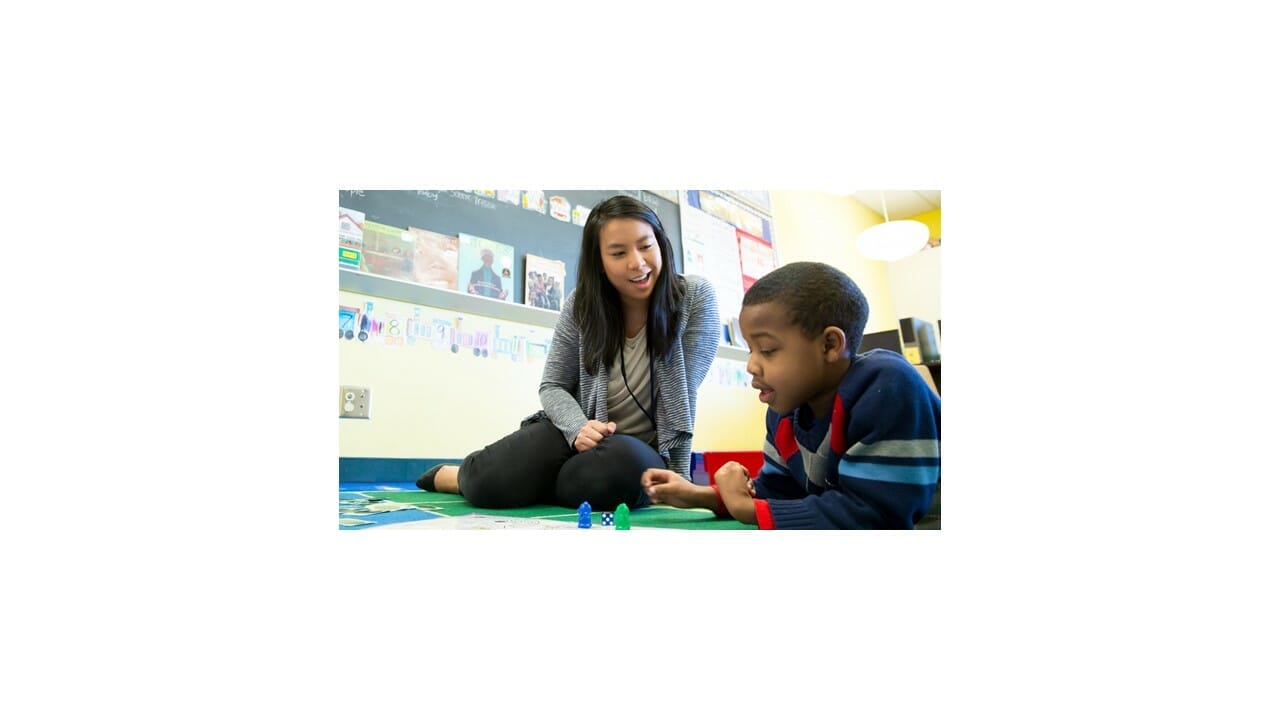WHY TEACHERS SHOULD BE COACHES
- September 7, 2021
- Angelin Loo
- 0

In mid-June very year, Coach’s Day is always celebrated together with Teacher’s Day. This is not a coincidence that two different professions have it on the same day but rather it is intentional as all coaches are teachers to a great extent.
On the other side, teachers should play the coaching role in and outside the classrooms to teach students how they can be independent and self-sustainable to face the many challenges of our modern times for greater success and fulfilment. Good teachers are those who can build both IQ and EQ for them to be future leaders in any sphere of their personal and professional lives.
The most obvious reason why teachers can be good coaches is because their roles are very much connected to people development like what coaches do as well.
In the same light, the others who are in the helping profession like mentors, trainers and lecturers should also play the coach role to enable their clients’ performance and developmental results in both the skills and wills, are nicely integrated for bigger wins.
Integrating coaching into teaching will soon be a necessity as it gives a far greater advantage as a non-directive method than the traditional directive way of teaching method. Soon, the teacher’s performance will be tied to growing their students not only in the intellect but also in the emotional and mental areas as well. Teachers will be measured on how well their students have learnt ‘to fish’ rather than how well they ‘get the fish’ through examinations and assessments.
Why is this so? The hard truth is, not only is the directive method of telling and instructing has proven not to be able to deliver the desired results, it is also not well received by the younger generation who wants greater autonomy in the way they study and work.
While the directive way of teaching will always be required, it will not be adequate in the longer term for this will not transform students into ‘thinkers’ but only doers’ who are mostly action-oriented and may lack the thinking capability to be creative and innovative.
Another grave consequence of the ‘directive method’ is these students are not adequately taught on taking ownership and accountability, which are highly critical for their future growth as leaders. Leaders lead in the front, set direction, monitor performance while at the same time keep improving themselves because they want to be better and better. This might not happen if this sense of ownership and accountability are not built into them.
When teachers become coaches, they will obviously be teaching and coaching in the classrooms where they will also be facilitating a great deal of the time too. They will be asking powerful questions to stretch the students’ minds to think more critically instead of giving answers that can dull their minds as this is passive learning.
As mentioned earlier, teachers will also be focusing on the students’ emotional development as well, which will augur well for their leadership personality development.
Connecting well with the students is yet another positive outcome of the teacher-coaches. This will motivate them as they will see teachers as partners, not just experts. Higher motivation means enhancing the learning environment for better results.
With coaching gaining prominence on what it can do for higher performance, it pays for teachers to have a head-start to be coaches now.